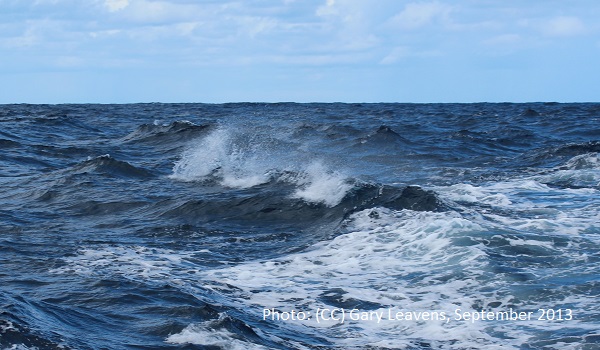The first half of February has seen a significant drop of arrivals to the Canary Islands but a new report highlights the remaining root causes, lack of alternatives and consequences of deportations and failed attempts. For the second time within six months the Spanish Supreme Court rules in favour of the right to free movement of asylum seekers.
According to statistics from the Ministry of the Interior, arrivals to the Canary Islands have plummeted over the first two weeks of February 2021. Just 155 people arrived on the islands compared to 1,008 in the second half of January and 1,069 in the first half of January. For the full period between 1 January and 15 February 2021, 2,232 people have arrived compared to 1,008 arrivals in the same period of 2020. However, a report from the Mixed Migration Centre based on interviews with 46 refugees and migrants and 16 key informants in the Canary Islands, Mali, Mauritania, and Senegal between 11 November and 17 December 2020 finds that: “Decisions to migrate are overwhelmingly influenced by a range of inter-related contextual factors: poverty and lack of opportunities, family expectations, the need to provide. These factors are not new and are likely to endure”. According to the report the narrow focus on the security dimension of migration cooperation by Spain: “does not seem to address economic and social imperatives that underlie Senegal’s continuing high pressures for migration”. At the same time, legal migration paths have been limited and the shortcomings of the screening and reception process in the Canary Islands and attempts to ramp up deportations entails protection risks. Further, the report underlines the pressure for people failing to reach the Canaries or for those who are deported to reattempt the journey given the often substantial investment from their families, and warns of “the negative emotional and mental health consequences following failed attempts to migrate.
Despite a Supreme Court ruling in July 2020 confirming the right to free movement of asylum seekers the Spanish government has continued to prevent access to the mainland for asylum seekers arriving in the enclaves of Ceuta and Melilla. Now the court reconfirmed its ruling consolidating the right to free movement for asylum seekers once their application is admitted. According to the organisation that put both cases forward, Jesuit Migrant Service Spain (SJM), the ruling confirms that the Spanish authorities are violating the law limiting the free movement of asylum seekers. This principle will also apply for people arriving in the Canary Islands. A group of residents of the Las Raíces camp in La Laguna (Tenerife), established on former military grounds and hosting a total of around 600 people, are sleeping on mattresses outside the center protesting the poor conditions and lack of access to the mainland. A member of the group states that they are losing their patience and that they are not looking for charity but simply the freedom to work.
A fire in a settlement housing 1,200 Moroccan and sub-Saharan migrant workers employed in the greenhouses of Níjar on the Spanish mainland left 200 people to sleep in the streets and left the shelters of another 500 damaged by smoke and soot. A joint statement addressed to agricultural ministers of EU member states signed by ECRE, underlines the poor conditions for the at least ten million people employed in European agriculture as seasonal workers, day labourers or in other insecure statuses. According to the statement they are living a “struggle, deprivation and violations of human rights. Inhuman working conditions, poor wages, long working hours, a high proportion of undeclared work and sub-standard housing are only some of the daily hardships faced by farm workers in Europe. Workers often fall prey to widespread exploitation, including gangmaster practices and other forms of modern slavery.
The Ministry of Social Rights of the Government of the Canary Islands has reached an agreement for the transfer of 40 unaccompanied children to Catalonia over the coming weeks. The number of unaccompanied children on the Canary Islands stands at 2,652.
For further information:
- ECRE, Atlantic Route: Spain’s Blocking of Migrants in the Canary Islands Causes Suffering and Sparks Protests, February 2021
Photo: (CC) Gary Leavens, September 2013
This article appeared in the ECRE Weekly Bulletin. You can subscribe to the Weekly Bulletin here.

